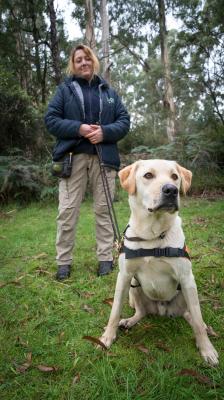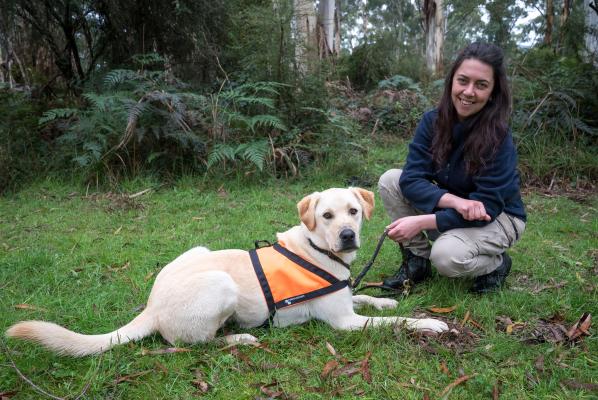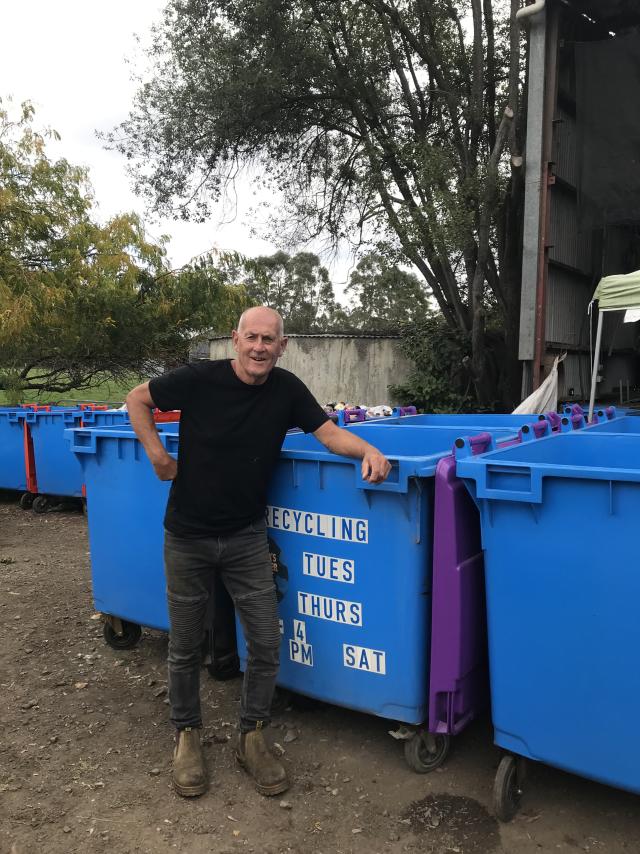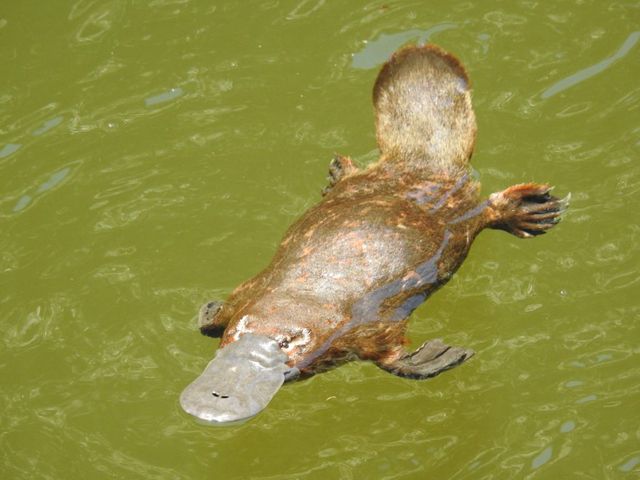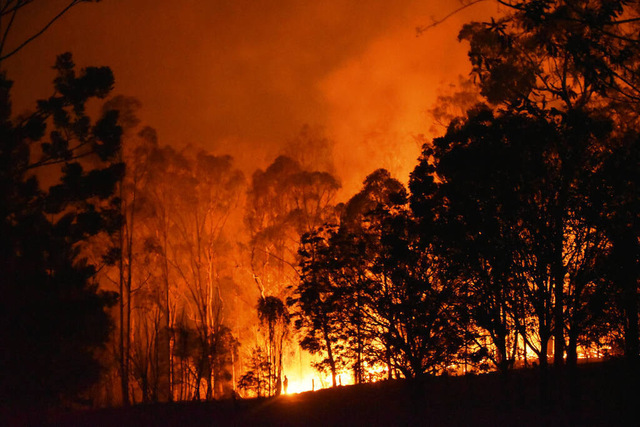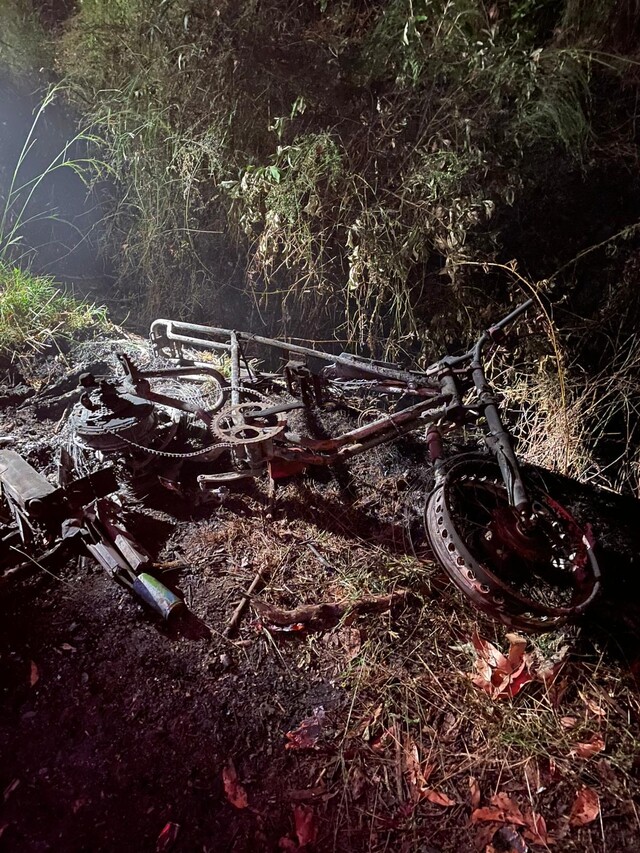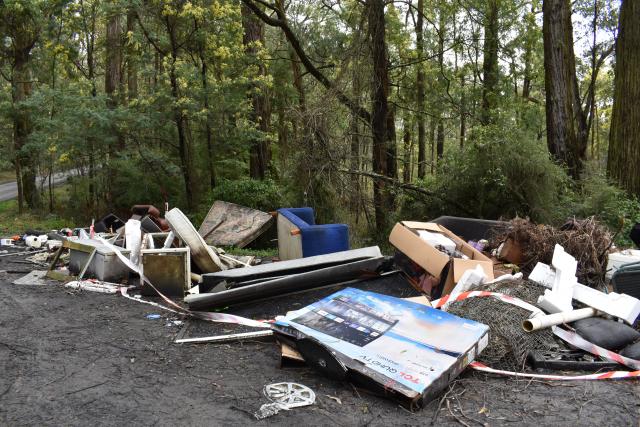Like most 18-month-old Labradors, Moss is a hurricane of energy. Unlike most, however, he will use that energy to help save some of Victoria’s most critically endangered species.
Moss is the first recruit to Healesville Sanctuary’s Detection Dog Squad. A squad, which will eventually include five fully trained dogs, who will be deployed across Victoria to help sniff out highly elusive animals, helping Zoos Victoria’s conservation partners monitor crucial populations in the fight against extinction.
“It took a long time to find Moss, the perfect first recruit to our Detection Dog squad,” explains Naomi Hodgens, Healesville Sanctuary Wildlife Detection Dog Officer and one of Moss’ full time handlers.
“Detection dogs need to have a very special personality. They have to have a lot of energy, be very motivated to work with people, and want to solve puzzles. At the same time, they can’t be at all interested in other animals, and able to stay focussed on us even with distractions.”
It took months of searching animal adoption databases to find Moss, and more than a dozen in-person visits to meet different dogs. Moss was living with a foster family on a farm, as his tireless energy made him unsuitable to be a family pet.
“When we saw him on the farm, totally ignoring free-range chickens, that was a really good sign,” said Ms Hodgens. “Right away he was focussed on us. He loves to engage with people, so we make all his training a big game.
“Now he has a job and new challenges every day, he’s absolutely thriving.”
Moss is still in training, but soon he’ll be working towards detecting endangered species such as the Baw Baw Frog and the Plains-wanderers – both critically endangered, and extremely difficult to find in the wild.
The tiny Baw Baw Frogs burrow underground, sometimes as deep as a metre into the mud. Currently, the only reliable way to find them is by listening for the mating calls of the males, which can take as long as four years to mature.
Plains-wanderers, small grass-dwelling birds, are highly camouflaged in their grassland homes. Most monitoring is done with spotlights at night, a time-consuming operation.
The Detection Dog Squad will become a valuable and flexible tool alongside other conservation efforts, working with Zoos Victoria and a number of partners to fight extinction.

